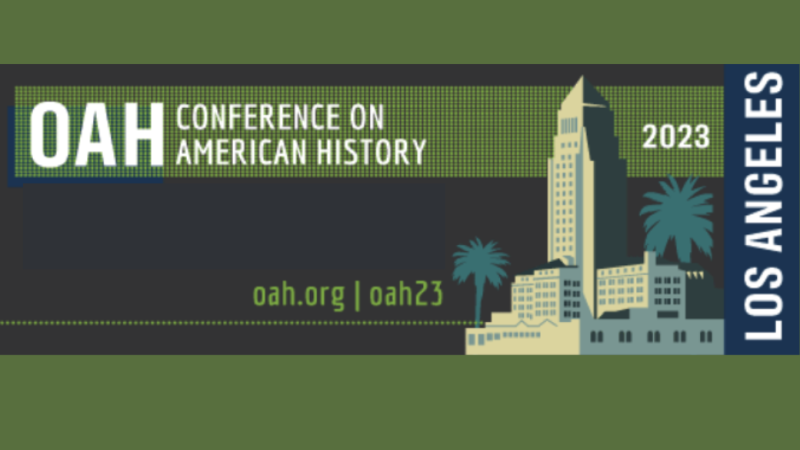Detroit 48202: Conversations Along a Postal Route
Introduction
Detroit 48202: Conversations Along a Postal Route examines the rise, demise, and contested resurgence of the City of Detroit through the lens of African- American mail carrier, Wendell Watkins, and the committed community he faithfully served for thirty years.
Featured review
Synopsis
In Detroit 48202 we take a journey with Wendell along his route, which winds through the center of what was, once upon a time, a vital and thriving city. We listen in on his conversations with his customers – the resilient Detroiters who share stories of resistance: pushing back against racial segregation in housing; challenging industrial and political disinvestment; and living on reduced pensions as a result of the 2014 municipal bankruptcy. Our characters share stories of hope and propose creative ways to re-imagine an inclusive, productive, equitable and re-invigorated city.
We also meet legendary labor organizer, General Baker, Historian Thomas Sugrue, and Urban Planner June Manning Thomas, who provide a thread of analysis and historical context.
Detroit 48202: Conversations Along a Postal Route is urgent. It asks: will the resurgence of Detroit center on a high tech, and increasingly white downtown or, will it focus on the vast stretches of neglected neighborhoods that continue to deal with a 40% poverty rate, water shutoffs, tax foreclosures, poor transportation, and a school system in crisis?
Detroit 48202 is an essential tool for teachers and community organizers whose work covers:
*Detroit
*Urban Studies
*Urban Planning/Equitable Development/Design
*Gentrification/Affordable Housing
*African-American Studies
*Redlining/Segregation
*Labor History
*Corporate Disinvestment
*Poverty
Reviews
Awards and Screenings
Director Commentary
Features and Languages
Film Features
- Audio Description
- Closed Captioning
- All4Access
- Subtitles
- Resources for Educators
Subtitle/Caption Languages
- English
- Spanish







Coming of age in Detroit during the 1960s and 1970s gave me a specific and very special view on race and racism, unions, and social justice movements. I have known my main protagonist Wendell Watkins since 1972 when we were fellow student activists at Cass Technical High School.
When I returned to Detroit in 2009, after not living in the city for a number of years, I was stunned by the devastation I witnessed and had many questions about what happened to the jobs, the people, and the buildings. It felt natural to turn to Wendell, a quintessential storyteller, to look for answers. That’s how Detroit 48202: Conversations Along a Postal Route was born.
My relationship with Wendell opened doors for me to develop ties with residents along his postal route, several of whom are in the film. Other long-term friends in Detroit connected me to invaluable sources of information, scholars, and activists who have helped tell this story.
The approach I took to making Detroit 48202: Conversations Along a Postal Route flowed from my history with the city and my ties to Wendell. I stayed “close to the ground,” doing most of the cinematography as I followed Wendell on his route. Wendell lead me to the customers he thought had the most interesting stories to share about the history of Detroit and/or their current activism. My historical and archival research was guided by the stories Wendell and his customers shared. Interviews with scholars and journalists were used judiciously in order to foreground the voices of these mostly black Detroiters.
Music! For starters I turned to guitarist A. Spencer Barefield, fellow Cass Technical High School alum and a center of Detroit’s jazz scene. His “Soul Steppin’ Through the Fabulous Ruins” became the theme song of the film. I then reached out to two other Detroit based musicians-drummer Bob White, of Hastings Street Blues Band, and folksinger Josh White, Jr., whose contributions deepened the score thematically.
Throughout the production process I kept close contact with the film’s subjects, inviting them to work-in- progress showings and eliciting their feedback in rough- cut screenings. I never wanted to parachute in and take away footage. I began a process of discovery with Wendell and his people, and the resulting film is my love letter to Detroit.